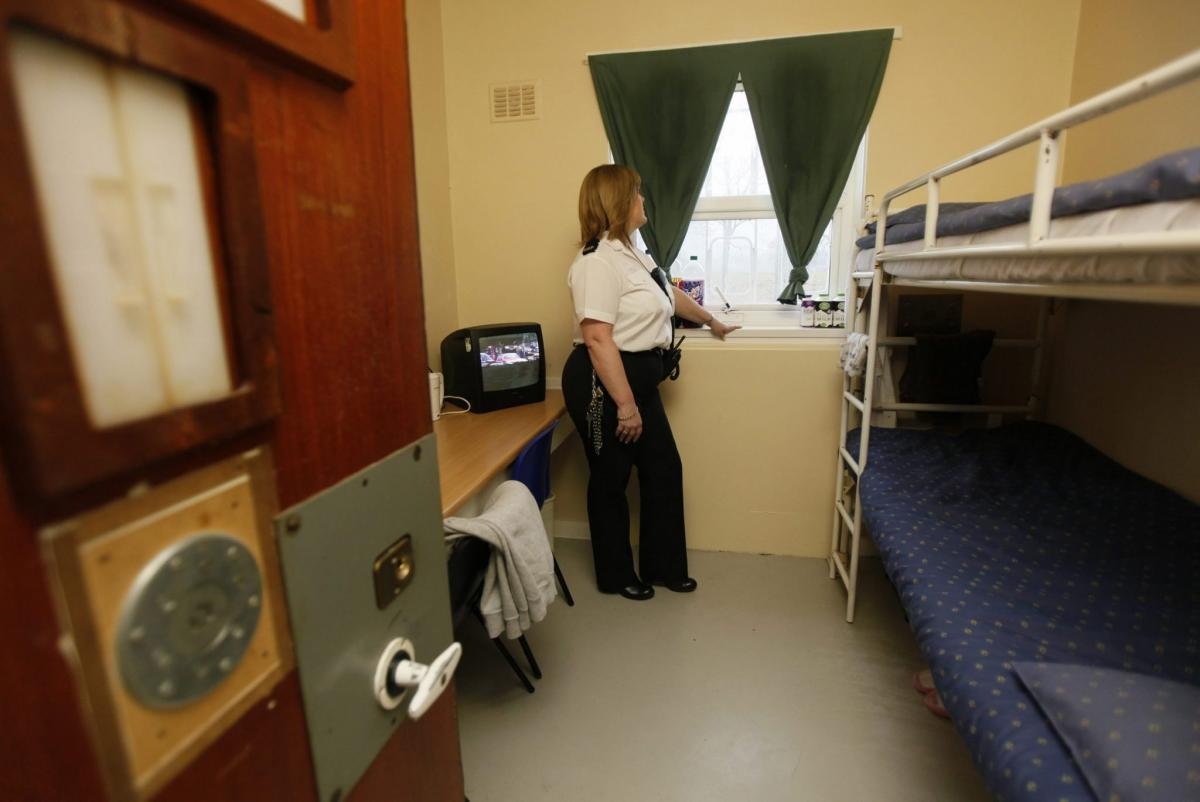MARK HIRST V CHIEF CONSTABLE AND LORD ADVOCATE
I’m very pleased to be able to update you all at last on developments in Mark’s action for malicious prosecution. Since my post of 26 July last year when I shared my firm’s letter before action to the Lord Advocate, we’ve been engaged in what is called “pre-action correspondence” with the defenders. I’ll say moreContinue reading "MARK HIRST V CHIEF CONSTABLE AND LORD ADVOCATE"
I’m very pleased to be able to update you all at last on developments in Mark’s action for malicious prosecution.
Since my post of 26 July last year when I shared my firm’s letter before action to the Lord Advocate, we’ve been engaged in what is called “pre-action correspondence” with the defenders. I’ll say more about that below.
However, the upshot is that we have now lodged at Jedburgh Sheriff Court the document which initiates court proceedings – called, appropriately enough, an “initial writ” – and on 11 February the court granted a warrant for the action to be served on both defenders – the Chief Constable of Police Scotland and the Lord Advocate.
The action was served on 17 February and each of the defenders now has until 10 March to confirm to the court that they intend to defend it.
They will then be allowed further time to lodge their detailed defences and the court will issue a timetable setting out how things are to proceed from there.
We are suing for damages of £200,000.
The pre-action correspondence
I’m also pleased to say that the considerable delay in getting to court while we have pursued pre-action correspondence with the defenders has been worth it for one important and substantial reason.
I explained in my last post how section 170 of the Criminal Procedure (Scotland) Act 1995 bears to provide immunity from liability for prosecutors in “summary proceedings” when no imprisonment of the accused is imposed.
I argued that there was no reason in law or in common sense why the Crown should be liable in damages for maliciously prosecuting someone who goes to jail as a result but not someone who is, rightly, acquitted of the charges against them.
Nor, I argued, was there any reason why people tried before a jury (in “solemn proceedings”) should be treated differently from those tried by a judge alone (in “summary proceedings”).
I pointed out that this provision seems incompatible with Article 6 of the European Convention in that it fails to provide a remedy when a wrong is committed, and that we therefore intended to challenge the compatibility of section 170 with the Convention had the Lord Advocate contested the action on this ground
I can’t disclose the details of our pre-action correspondence with the Lord Advocate, which was conducted on a “without prejudice” basis, but I can say that we are now confident that section 170 is not going to be a factor in this litigation.
The malicious prosecution of Mark Hirst
Our action then proceeds on the following basis.
Mark was prosecuted for an offence under section 38(1) of the Criminal Justice and Licensing (Scotland) Act 2010 – supposedly behaving in a “threatening and abusive” manner towards the Salmond complainers – following comments which he made after Alex Salmond’s acquittal on all charges at the High Court in Edinburgh.
On 07 January 2021 a submission of no case to answer by Mark’s defence team was upheld by the sheriff at Jedburgh.
The sheriff made quite clear in dismissing the case that all of the facts brought before the court by the prosecution – facts which were evident from the outset and had never been disputed by Mark – did not constitute any crime known to the law of Scotland.
Any such crime existed only in the minds of Mark’s powerful accusers, and of their mouthpiece Rape Crisis Scotland, and had no business at all in entering into the minds of the police or Crown.
We submit in our court documents that there never was any basis for Mark being prosecuted, and that the prosecution against him lacked reasonable and probable cause, both objectively and subjectively.
We also maintain that the prosecution was brought maliciously, not least because a warrant was obtained against Mark when the primary evidence was plainly available. The warrant application, among other things, made false allegations about threats being made by Mark.
The police obtained the warrant to search Mark’s home on the basis that it appeared that he had committed an offence. He had not. The police did not produce any information to the sheriff which would have permitted scrutiny of the application as, had that been done, it would have been obvious that no offence had been committed.
In any event, we argue there was no need for a warrant to have been obtained at all. The police had already obtained a full copy of all of the relevant material posted by Mark. The material obtained by the gang of officers from the “Salmond team” during their raid on Mark’s home produced precisely nothing to add to the relevant evidence in the case.
We’ll seek to establish that the obtaining of the warrant in such circumstances was “oppressive, an abuse of power, unnecessary and indicative of malice”.
The political dimension
We’ll also seek to establish that the prosecution of Mark was politically motivated.
As most of you will know, Mark was an active and outspoken supporter of Alex Salmond.
Rape Crisis Scotland, who played an active part in the charges against Alex Salmond, also played an active part in having Mark investigated and charged.
We intend to explore in the course of this litigation whether Rape Crisis Scotland were encouraged to make a complaint about Mark for political motives, and indeed whether the complainers in the Salmond trial were similarly encouraged to do so.
Rape Crisis Scotland are of course funded by the Scottish Government.
What's Your Reaction?










































